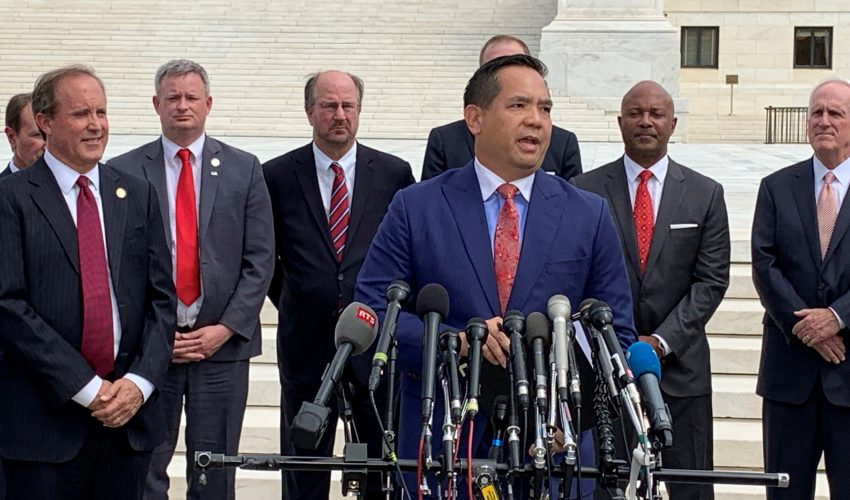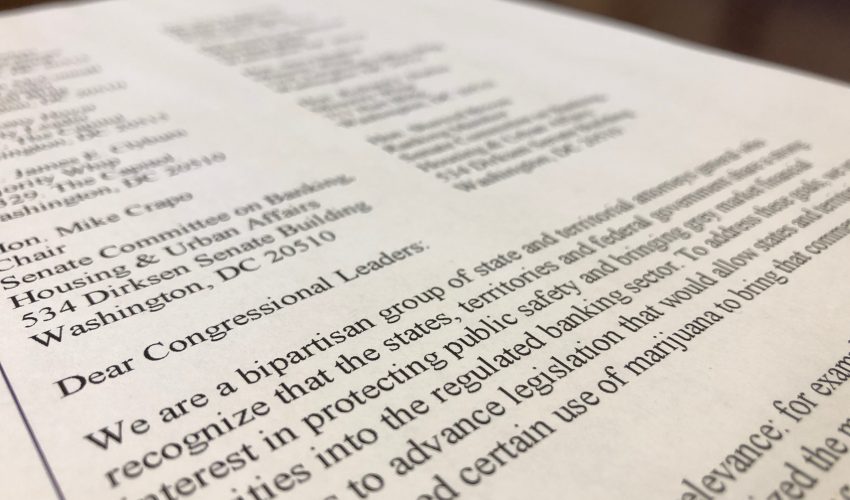FOR IMMEDIATE RELEASE
December 12, 2019
UTAH ATTORNEY GENERAL SEAN D. REYES JOINS BIPARTISAN COALITION IN CALLING FOR FENTANYL KNOCK-OFFS TO REMAIN A SCHEDULE I DRUG
All 56 Attorneys General Support and Agree
WASHINGTON, D.C. – Utah Attorney General Sean D. Reyes has joined a bipartisan coalition of all 56 attorneys general in calling for Congress to permanently classify fentanyl-related substances as Schedule I drugs.
Schedule I drugs are defined as drugs with no currently accepted medical use and a high potential for abuse.
“We’ve got to do everything we can to stop the catastrophic and accelerating abuse of Fentanyl-related substances and its family of opioids,” said Utah Attorney General Sean D. Reyes. “Make no mistake: This is a national crisis. The legitimate use of these drugs has dwindled even as abuse and deaths grow. I urge Congress to pass this legislation as soon as possible.”
In the letter, the attorneys general urge Congress to pass S. 2701, the Federal Initiative to Guarantee Health by Targeting (FIGHT) Fentanyl Act, a bipartisan bill introduced by U.S. Senators Rob Portman (R-OH) and Joe Manchin (D-WV).
The Drug Enforcement Administration (DEA) issued a temporary scheduling order in February 2018 to schedule fentanyl-related substances that has allowed federal law enforcement authorities to bring criminal actions against individuals who manufacture, distribute or handle fentanyl-related substances.
This scheduling order is set to expire less than two months from now on Feb. 6, 2020. The FIGHT Fentanyl Act codifies DEA precedent to schedule fentanyl-related substances.
The FIGHT Fentanyl Act will ensure law enforcement agencies and courts retain the tools needed to keep those who traffic in this deadly substance off the streets.
In the most recent data available from the Centers for Disease Control and Prevention, there were 72,000 drug-related deaths in the United States in 2017. Of those deaths, roughly 40% involved fentanyl or a fentanyl-related compound.
Attorneys general from every state, territory and the District of Columbia signed the letter.
###




